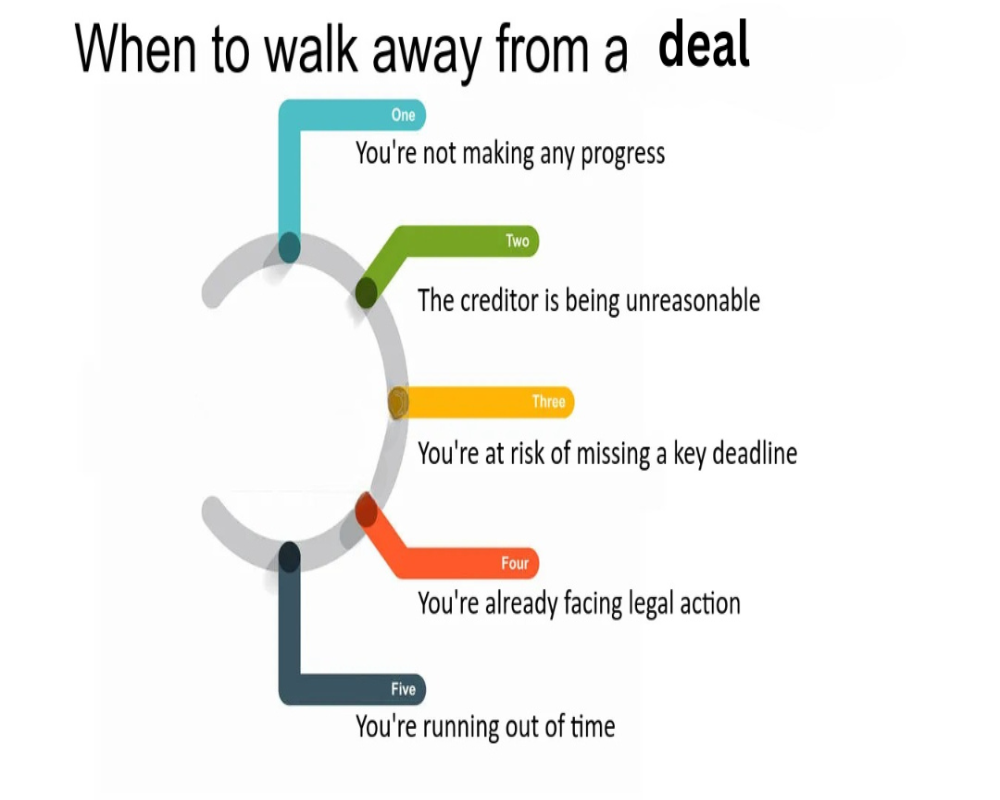Title and Legal Defects
One of the most critical risks that could lead a buyer to walk away is the discovery of defects in title or ownership. These include:
- Unclear or disputed title with missing or forged historical documents
- Presence of undisclosed liens, encumbrances, or mortgages
- Ongoing litigation involving the land or ownership rights
- Failure to produce valid mutation records, patta/khata, or encumbrance certificate
If the seller cannot demonstrate clear and marketable title, the buyer may lawfully terminate the deal to avoid legal liability.
Zoning and Regulatory Approval Risks
Buyers may also exit the deal if the land fails to meet zoning or entitlement criteria, such as:
- Land not approved or eligible for industrial use under the local master plan
- Change of Land Use (CLU) or layout approval is denied or unreasonably delayed
- Environmental permits like Consent to Establish (CTE) or EC are rejected
- Discovery of the site being located in a restricted, buffer, or protected zone
Without proper regulatory alignment, the project becomes infeasible or non-compliant, prompting the buyer to walk away.
Physical, Environmental, or Financial Red Flags
Other deal-breaking risks may arise from issues discovered during due diligence, including:
- Environmental contamination or legacy hazardous waste on-site
- Existence of undocumented occupants, tenants, or encroachments
- Topographical challenges that significantly increase development cost (e.g., flood-prone, uneven terrain)
- Inability to secure financing due to valuation shortfalls or legal risk
- Seller’s breach of contract or misrepresentation of property condition or entitlements
Such risks directly impact the economic and operational viability of the project, giving the buyer justifiable grounds to withdraw before closing.


